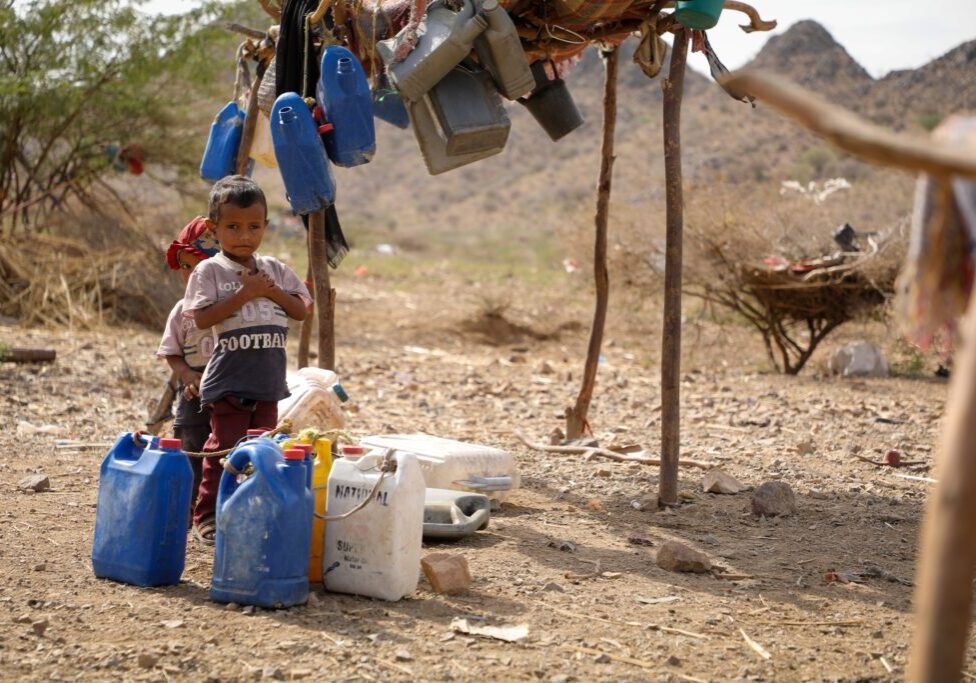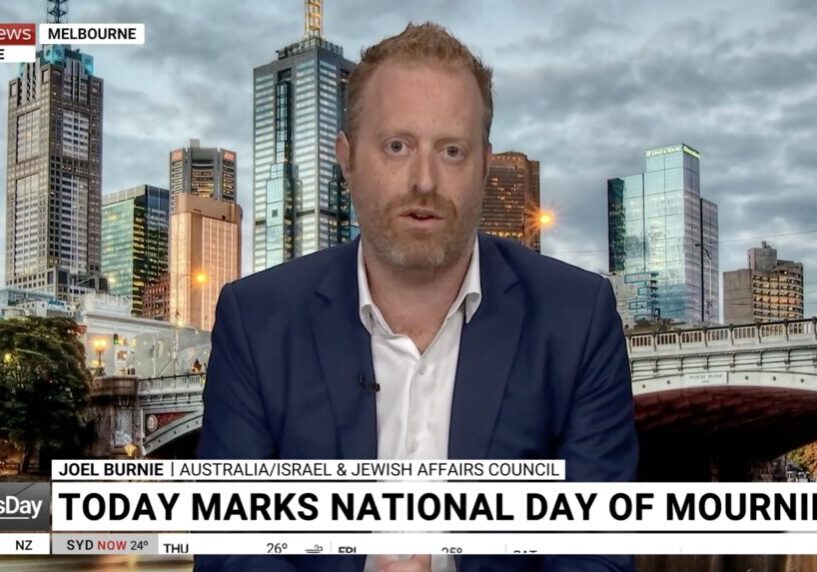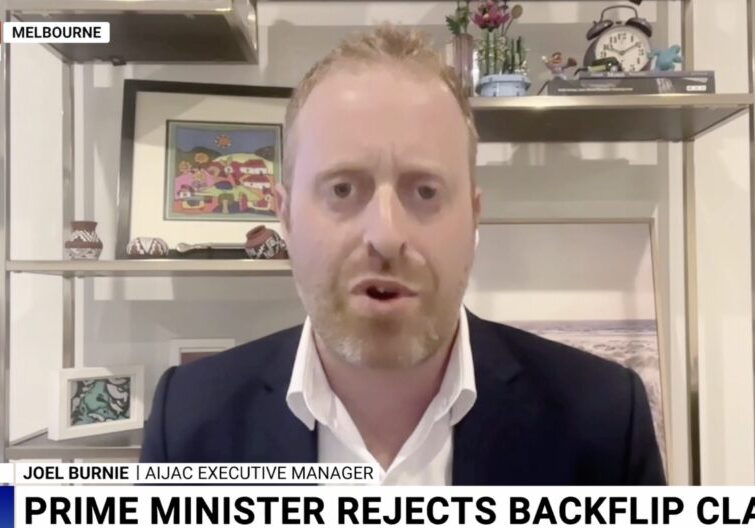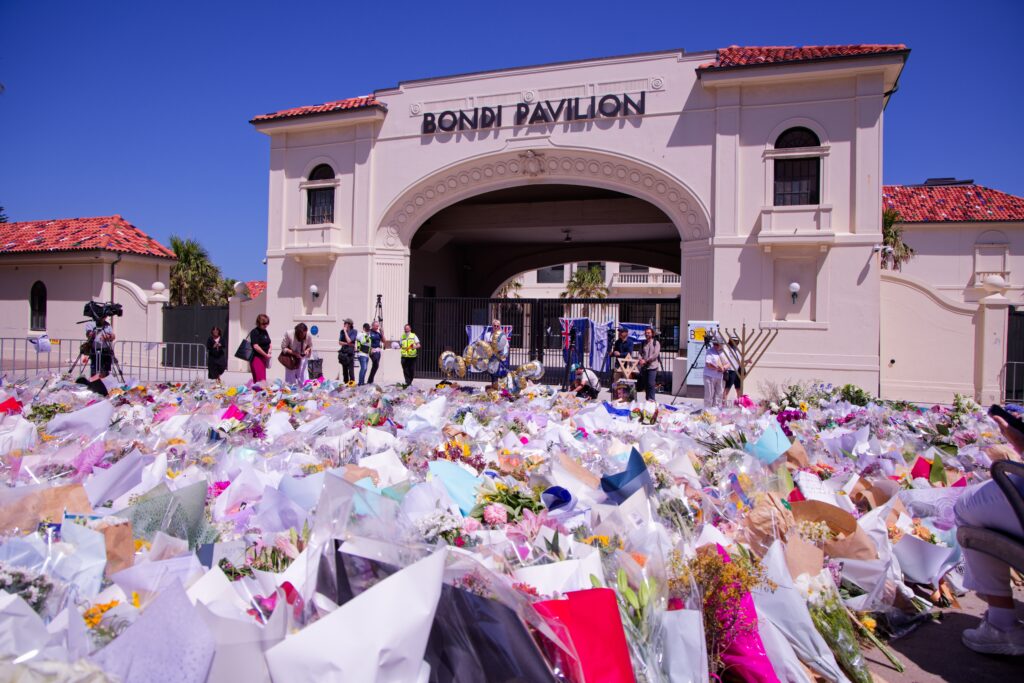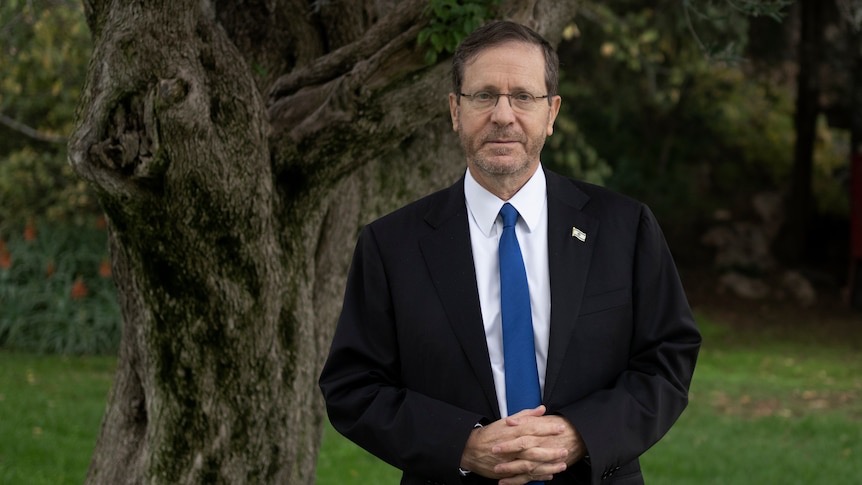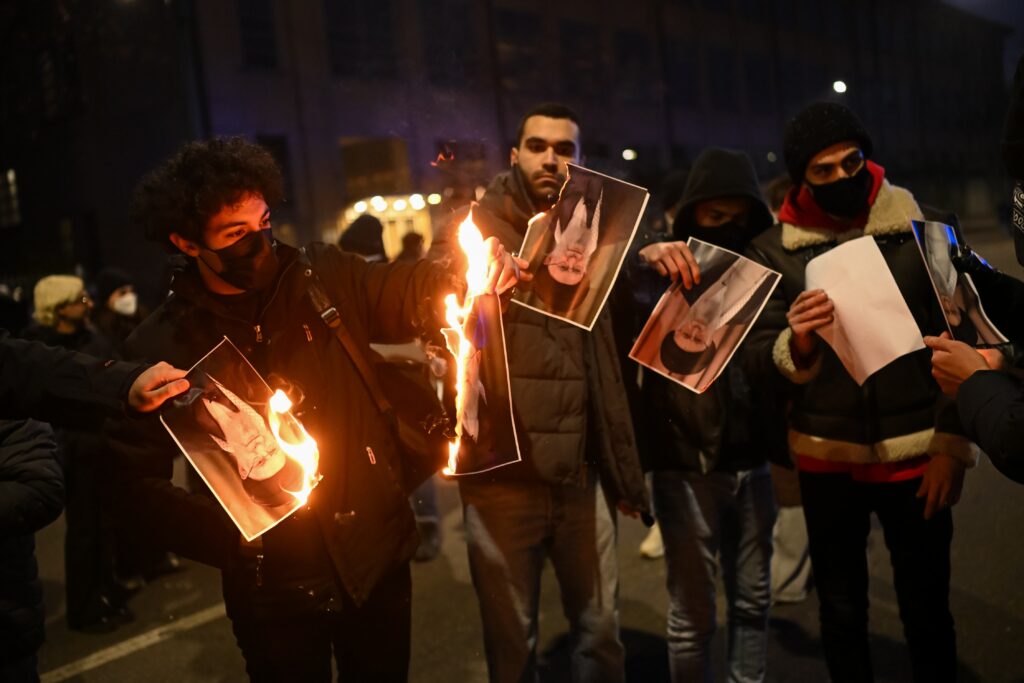FRESH AIR
Israeli Politics – Barak bows out, Tzipi Livni jumps in
November 30, 2012 | Or Avi Guy
There is never a dull moment in Israeli politics, let alone when the upcoming elections are right around the corner. This week three main developments took place, any of which could significantly influence the political outlook.
First, Defence Minister Ehud Barak announced on Monday (26/11) at a press conference that he is retiring from politics. He said that he would not compete in the upcoming Knesset election on Jan. 22, but rather only complete his term as Defence Minister. “Fifty-three years ago, I enlisted in the IDF, and since then I have served the country… Today I announce my decision to leave political life and not run in the next election,” he announced, adding that “… I will finish my duties as Defence Minister with the formation of the next government in three months… In the next three months, I will continue to deal with every challenge, and I promise there will be many challenges,” he said. Barak added while he was contemplating quitting his political career for several weeks, the recent operation, ‘Pillar of Defence,’ in the Gaza Strip delayed his decision.
“I made the decision with great difficulty. I want to spend more time with my family, and I feel I did all I could in politics. I was never passionate about politics, and turnover in positions of power is a good thing. There are many ways to contribute to the state, not only through politics.” When asked about his plans to the future, the former Prime Minister, who is now 70 years old, answered “I want to study, to write to live and have a good time.”
By resigning from politics, Barak is leaving behind the other members of the Independence party, which he founded after leading a minority in a defection from Labor in January 2011. Yet he denied that his decision was based on unfavourable polls results in the lead-up to January elections, some predicting that the Independence party might not even meet the minimum threshold to make it into the Knesset. However, recent polls indicated an increase in the popularity and electoral prospects of Barak and his party following operation Pillar of Defence. Independence’s four remaining members also met on Monday to discuss their options and it seems that their most favoured option is joining another party.
During the press conference Barak also hinted at the possibility that he could be reappointed as Defence Minister after the election (Israeli law currently allows the appointment of some cabinet ministers who are not members of the Knesset), saying that “as long as my advice is requested and considered, I will be available to senior officials in every issue.” When asked directly by reporters whether Prime Minister Benjamin Netanyahu plans to reappoint him, Barak said: “I will know after January 22.”
Despite being former political adversaries. Barak and Netanyahu have reportedly established a close professional relationship over the years, which was especially crucial in their diplomatic efforts internationally to gain support for efforts to halt Iran’s nuclear program. In fact, Barak is seen as one of the main architects of Israel’s policy toward Iran’s nuclear program, which is likely to continue to be the most pressing security and foreign policy issue on the next government’s agenda.
Netanyahu responded to Barak announcement by stating that he respects Barak’s decision and thanking him for his cooperation and efforts during his time as a member of the coalition government. He also expressed his appreciation for Barak’s contribution to Israel’s security over the years.
Commentators have reviewed and published media tributes to Barak’s military and political career, listing his successes and defeats. Such tributes include ‘A Sad Farewell’ by senior Israeli journalist Dan Margalit (Yisrael Hayom, 27/11) and Jonathan S. Tobin’s “What Ehud Barak taught the Middle East” (Commentary, 26/11)
A second development is the return of former Kadima chairwoman Tzipi Livni to politics, which was announced on Tuesday. Livni plans on running in the upcoming election as the head of a new party- Ha-tnu’ah (The Movement). Her aim, according to her statements in the press conference when she announced her return, is to present an alternative to Netanyahu’s leadership: “I have come to serve as a personal and ideological alternative to Netanyahu,” she stated. “I have come to fight for peace, and I will not give my hand to those who try to turn the word peace into a dirty one… There has to be an alternative in Israel’s elections.” Her main criticism of Netanyahu was that he did not do enough to promote the negotiations with the Palestinians towards a two-state outcome: “[the] same government that refused to say the words ‘two states’ is accepting two Palestinian states – one in the UN, against our wishes, and a Hamas state in Gaza.”
The party list has not been published yet, but several Kadima members are expected to join their former leader in her new party.
Livni was criticised by leaders of other centre-left parties for establishing a new party instead of joining an existing one. They expressed concern that a new centre-left party would compete with the existing parties over the same votes instead of increasing the number of seats for the centre-left bloc.
In the Labor Party, which reportedly invited Livni to join their list as no.2, party leader Shelly Yachimovich released a statement saying that while Livni is “a worthy woman in the political sphere,” she “is making a bad mistake.”
Kadima, Livni’s former party, also responded to Livni’s announcement, blaming her for dividing the centre-left bloc: “Instead of uniting the center-left bloc, Livni decided to split it.”
Similar criticism was voiced by Yair Lapid’s new ‘Yesh Atid’ party (in which Livni was also offered the no. 2 spot) and Meretz chairwoman Zehava Gal-On.
However, even before Livni revealed her new party’s final slate, the polls predict Ha-tnu’ah could win 8-10 seats in the Knesset. However, those votes, according to surveys, mostly come at the expense of other similar parties in the centre-left bloc, mainly Yesh Atid and Labour.
The third development were the primaries to choose the ruling Likud parties electoral list – the result of which was that a number of party veterans were replaced at the top of the party list by newer members. Some commentators have argued that the results indicate that the party has shifted to the right, after ministers Benny Begin and Dan Meridor, as well as Michael Eitan and Avi Dichter, generally considered moderates, failed to secure high places on the Likud list, and are now unlikely to be returned to the Knesset in the upcoming elections. In their place, Likud members such as Danny Danon, Ze’ev Elkin, Yariv Levin and Moshe Feiglin, who heads the rightist ‘Jewish Leadership’ faction of the Likud party, all gained places amongst the top 20 spots on the list.
Netanyahu himself sounded disappointed that Begin and Meridor were placed low on the list, and after the primaries he turned to them in his speech: “We grew up together in Jerusalem… educated by the values of Ze’ev Jabotinsky. I will maintain those values in the next government and I want you with me.”
For those wanting more on the state of the Israeli election campaign, Israeli political commentator and blogger Shmuel Rosner, with the assistance of Israeli political scientist Prof. Camil Fuchs is producing excellent analysis of poll trends and political developments on his “Israel Poll Trends” page.
Responding to those columnists who expressed concern that the primary results – together with Likud’s electoral partnership with Yisrael-Beitenu meant that the Likud was becoming more right-wing, Rosner tried to offer a bit of perspective on the change:
“The Likud Party has elected its candidates for the next Knesset, and as usual the list was greeted with definitions such as “radical”, “extreme” and the like. Fact: The Likud is a right wing party – it’s time people got used to it. Fact: Israeli voters – unlike their representatives in most media outlets – tend to be quite fond of right-wing political parties. Fact: Every election cycle a number of familiar faces are forced out to be replaced by newcomers, and every time the knee-jerk response is something in the mode of “how can this novice replace that veteran?” Well, in many cases they can. Give them a term or two and they will also become veterans.”
Tags: Israel






